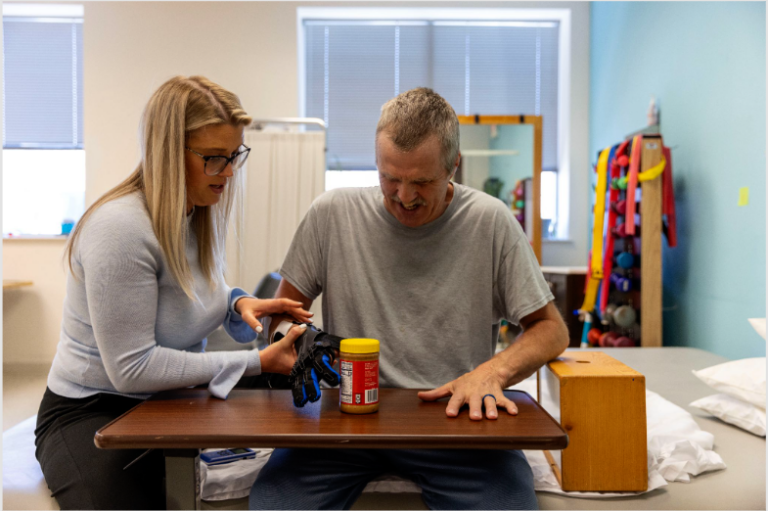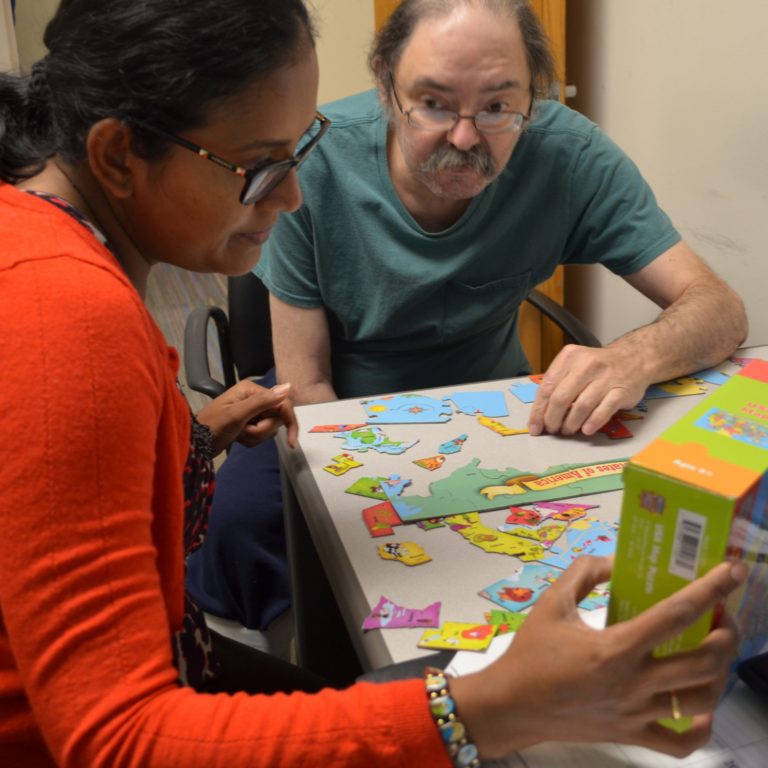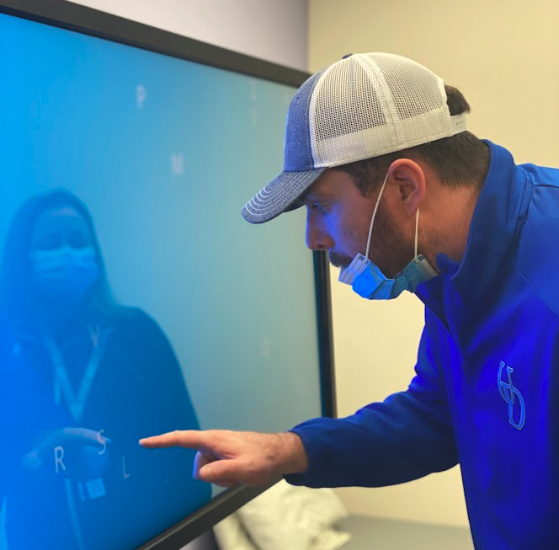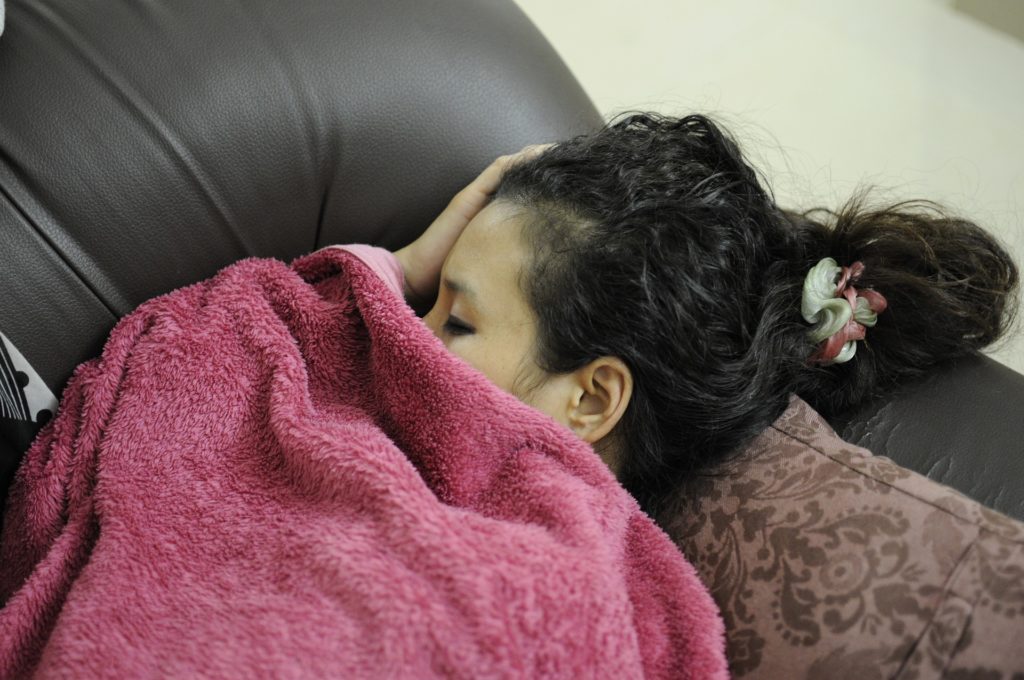Sleep is critical to our health, but can be elusive. Bancroft NeuroRehab’s Dr. Sheryl Berardinelli shares tips for improving the quality of the Zzz’s you catch tonight.
By Dr. Sheryl Berardinelli
Rehabilitation Psychologist
Sleep is one of the most important ways you can reset and refresh your mind every day.
It benefits almost every part of the body: your brain, heart lungs, immune system, metabolism and mood. It helps the brain function properly, can boost attention and memory, and feeds creative-thinking skills. Importantly, sleep also allows the brain to clean itself everyday and rid itself of toxins such as those associated with Alzheimer’s disease and dementia.
What’s more – research has linked chronic sleep problems with an increased risk of multiple health problems, including high blood pressure, cardiovascular diseases, obesity and depression.
But an estimated 50-70 million adults suffer from some form of sleep disorder, according to the American Sleep Association – so if you find yourself tossing & turning most nights, you’re not alone.
Here are 10 tips to help you enhance the quality and amount of sleep you get each night:
1) Follow a regular sleep schedule. Going to sleep and waking up at the same time each day will help you develop a more stable sleep pattern. Although it can be challenging, following this sleep schedule even on weekends or when traveling promotes better sleep.
2) Use the bed only for sleeping. Avoid reading, watching TV, studying, eating, working on your computer or other activities that require you to be awake while you are in bed because it unintentionally trains your brain to stay awake in bed. If you avoid these activities in bed, your bed becomes a place to go for rest and sleep.
3) If you’re having trouble sleeping, get out of bed. When we’re frustrated we can’t sleep, we start to toss and turn. But these reactions make it more difficult to fall asleep. After 20 minutes or so of not sleeping, get out of bed.
4) Avoid napping – and vigorous exercise – late in the day. Both will negatively affect your sleep.
5) Limit caffeine intake. Caffeine is a stimulant, and stays in your system for several hours. Limit your caffeine intake to no more than 3 cups of coffee per day and avoid caffeine in the late afternoon or evening hours. Caffeinated drinks include coffee, tea, soda, or chocolates.
6) Don’t worry or plan in bed. If you find that you generally have worrying thoughts in bed, it helps to set aside a routine time during the day or early evening to write your worries, ideas, and plans down. This will reduce your intrusive thoughts while in bed.
7) Avoid eating large meals or drinking too much liquid close to bedtime.
8) Keep it quiet and dark. Noise and lights may interrupt your sleep. This is why keeping the TV on is discouraged – the sounds (especially those loud commercials) and lights may wake you up. You can block out noise by wearing earplugs, using a white-noise machine, or turning a fan on. Eye masks can help with lights.
9) Check the temperature. Generally speaking, people have difficulty initiating and maintaining sleep when the temperature is too warm or too cold.
10) Develop a bedtime routine. Take time to relax before going to bed. Try taking a warm bath, listening to soothing music, praying, meditating, or reading a book.
If your sleep is not improving even after making these behavioral and environmental changes and you continue to feel tired and it is interfering with your daily life, you might want to consult your physician or a sleep specialist.
Related Articles


What is Aphasia?
Michelle Valente, M.A., CCC-SLP, Bancroft NeuroRehab Outpatient Program Director and
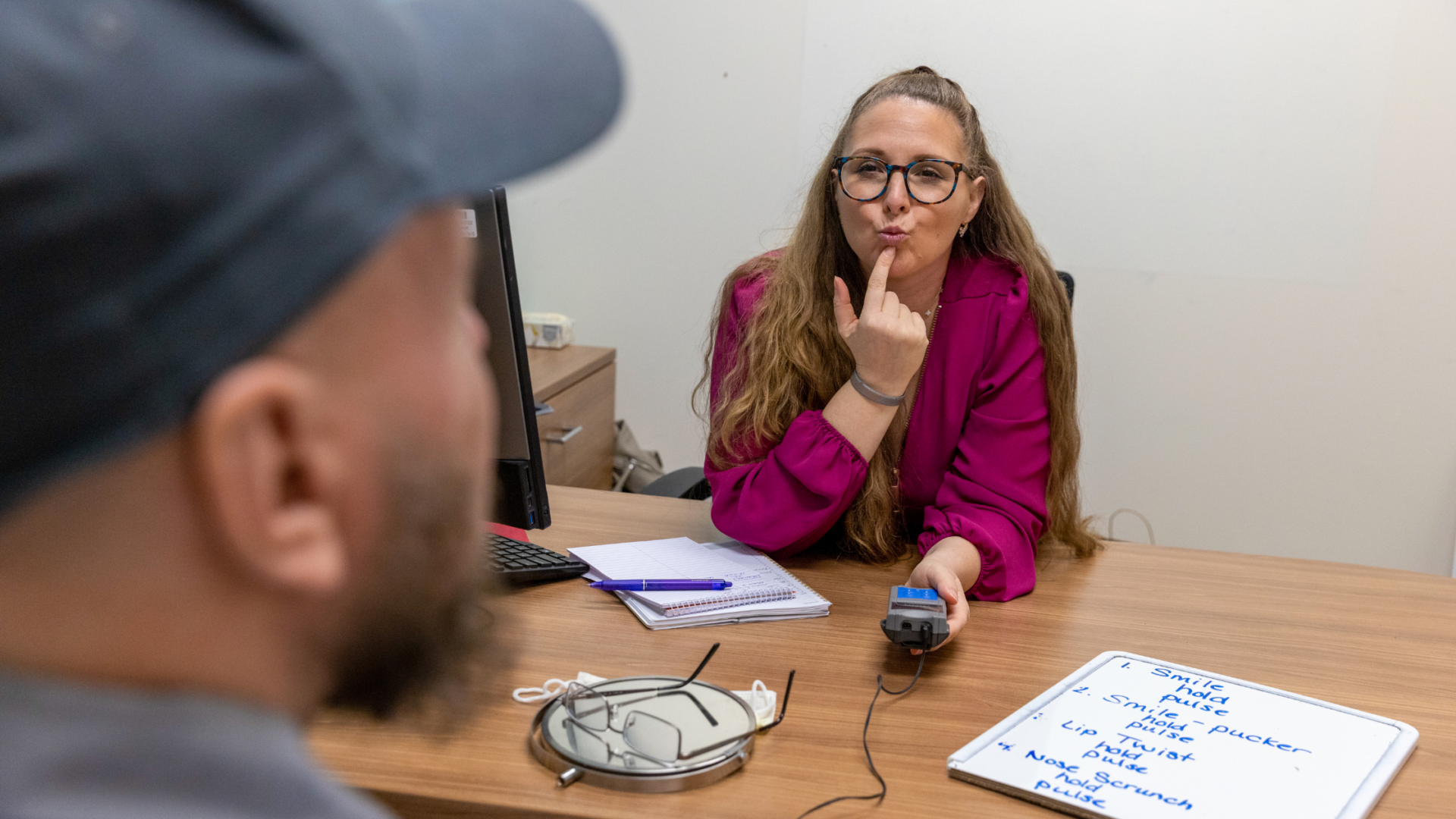

10 Tips for Supporting a Loved One with Aphasia
Learn practical ways to support a loved one with aphasia


Home Therapy Made Simple: Practical Tips for Stroke Recovery
Recovery doesn’t stop when formal therapy ends. In many ways,




